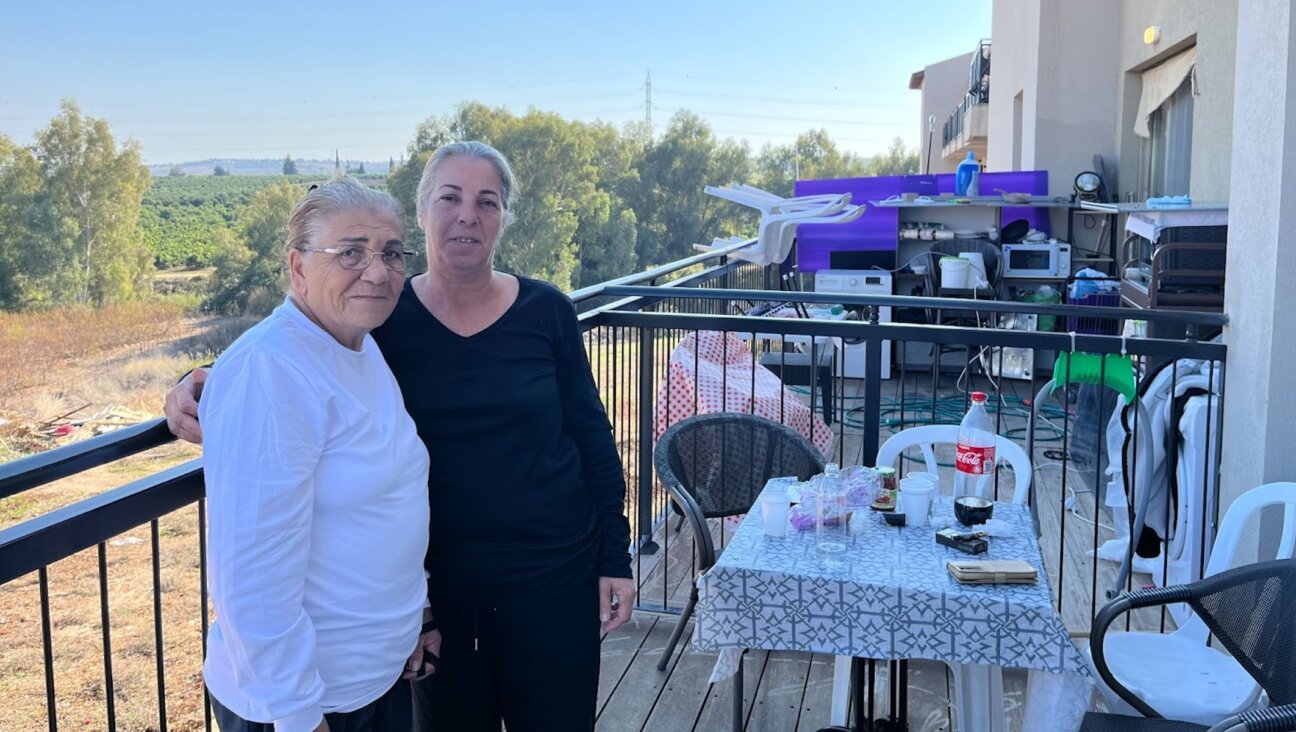More money needed for kosher and halal food, says Jewish anti-poverty agency

Image by Jacob Kornbluh
“The sad reality is that kosher and halal emergency food is underfunded in New York,” said David Greenfield, CEO of the Met Council. “Simply put that means that many Jewish and Muslim New Yorkers have to choose between their faith and putting desperately needed food on their tables.”
A new report issued Tuesday by the organization found a significant increase in demand for kosher and halal meals from the city’s food distribution program launched in response to the COVID-19 pandemic. According to data compiled by the Met Council, as many as 27 million meals — comprising 21% of the 128.7 million meals distributed by the GetFoodNYC program since March 2020 — were either kosher or halal.
But the Council cautioned that demand could be higher than estimated, given that many Jewish and Muslim families opt out of the program because it hasn’t met halal or kosher certification specifications, or delivery dates were not compatible with the Sabbath and other holidays. A 2011 survey showed that an overwhelming majority of Orthodox households in Brooklyn had incomes under $50,000.
The Met Council also noted that the federal Emergency Food Assistance Program (EFAP) has a very limited number of providers with the expertise to provide food based on religious dietary requirements.
The report recommends that local and federal lawmakers amend food-related laws to make it easier to pay for food that meets the needs of religiously observant people, and to earmark funds to match the actual demand for emergency kosher and halal food across the state.
“We know demand is only going up for kosher and halal and now is the time to prepare,” Greenfield said.
A message from our Publisher & CEO Rachel Fishman Feddersen

I hope you appreciated this article. Before you go, I’d like to ask you to please support the Forward’s award-winning, nonprofit journalism during this critical time.
We’ve set a goal to raise $260,000 by December 31. That’s an ambitious goal, but one that will give us the resources we need to invest in the high quality news, opinion, analysis and cultural coverage that isn’t available anywhere else.
If you feel inspired to make an impact, now is the time to give something back. Join us as a member at your most generous level.
— Rachel Fishman Feddersen, Publisher and CEO
























